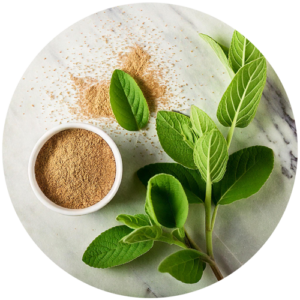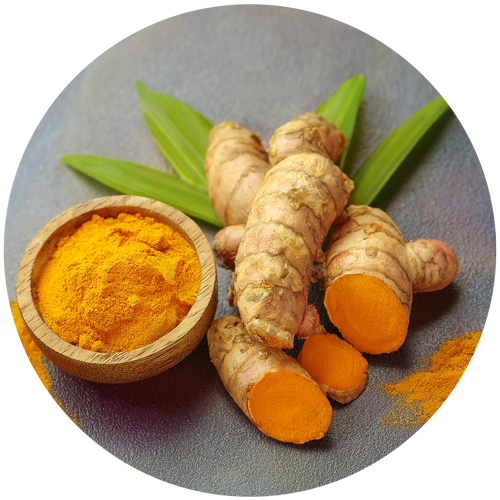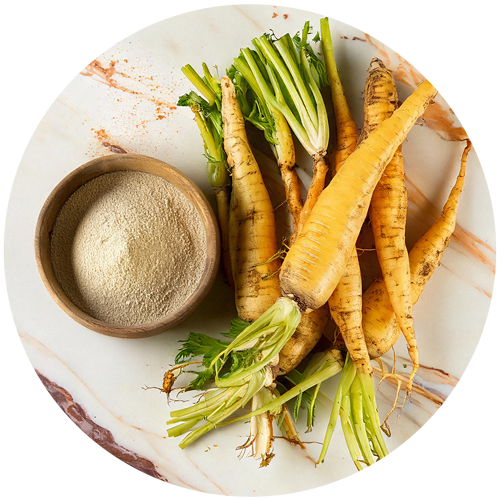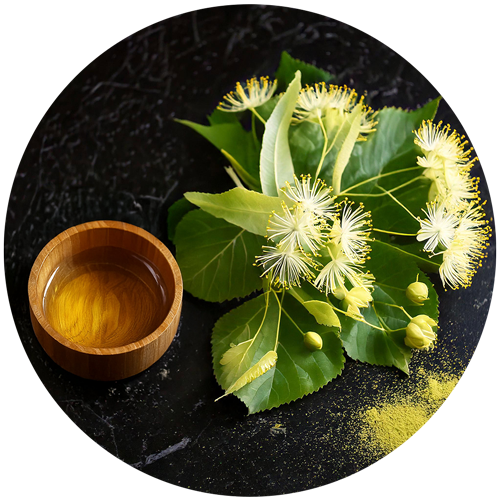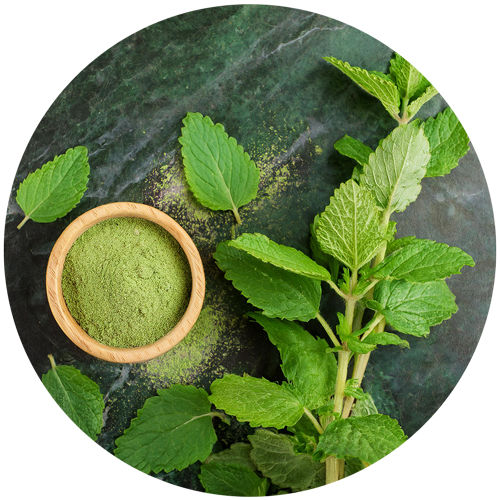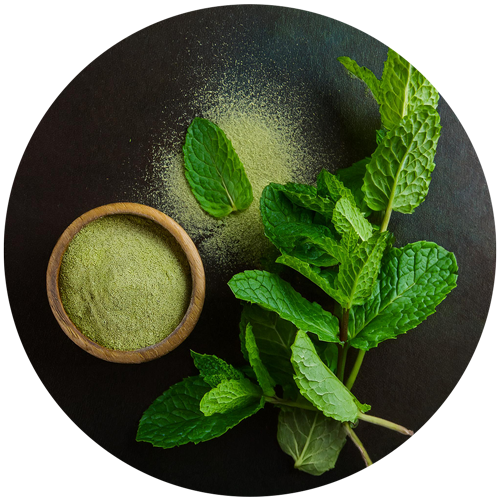South America
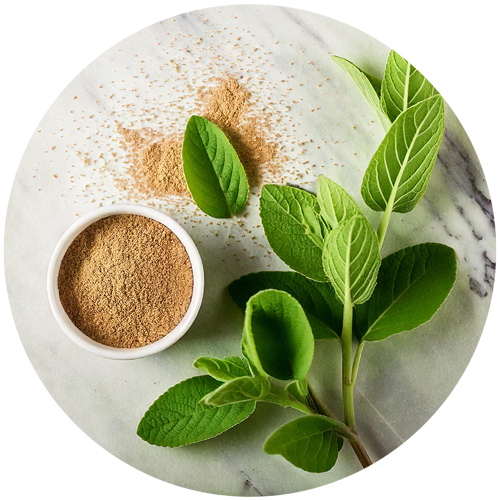

BOLDO
Peumus boldus Molina Digestion
Digestion Boldo leaves, Peumus boldus, rich in alkaloids and polyphenols, are used to support digestion, contribute to liver comfort and protect cells from oxidative stress.
Regulations
and analysis
Identification : TLC
Data on traditional use
Cahier de l’agence du médicament (France) :
- Traditionally used to promote bile elimination and aid digestion
EMA monograph :
- Traditionally used for symptomatic relief of indigestion and spasmodic disorders of the gastrointestinal tract.
Canadian monograph :
-
Traditionally used to aid and stimulate digestion
German monograph :
- Used for moderate spasms of the gastrointestinal tract and indigestion
Association ideas by health benefice
Select one or more axes:
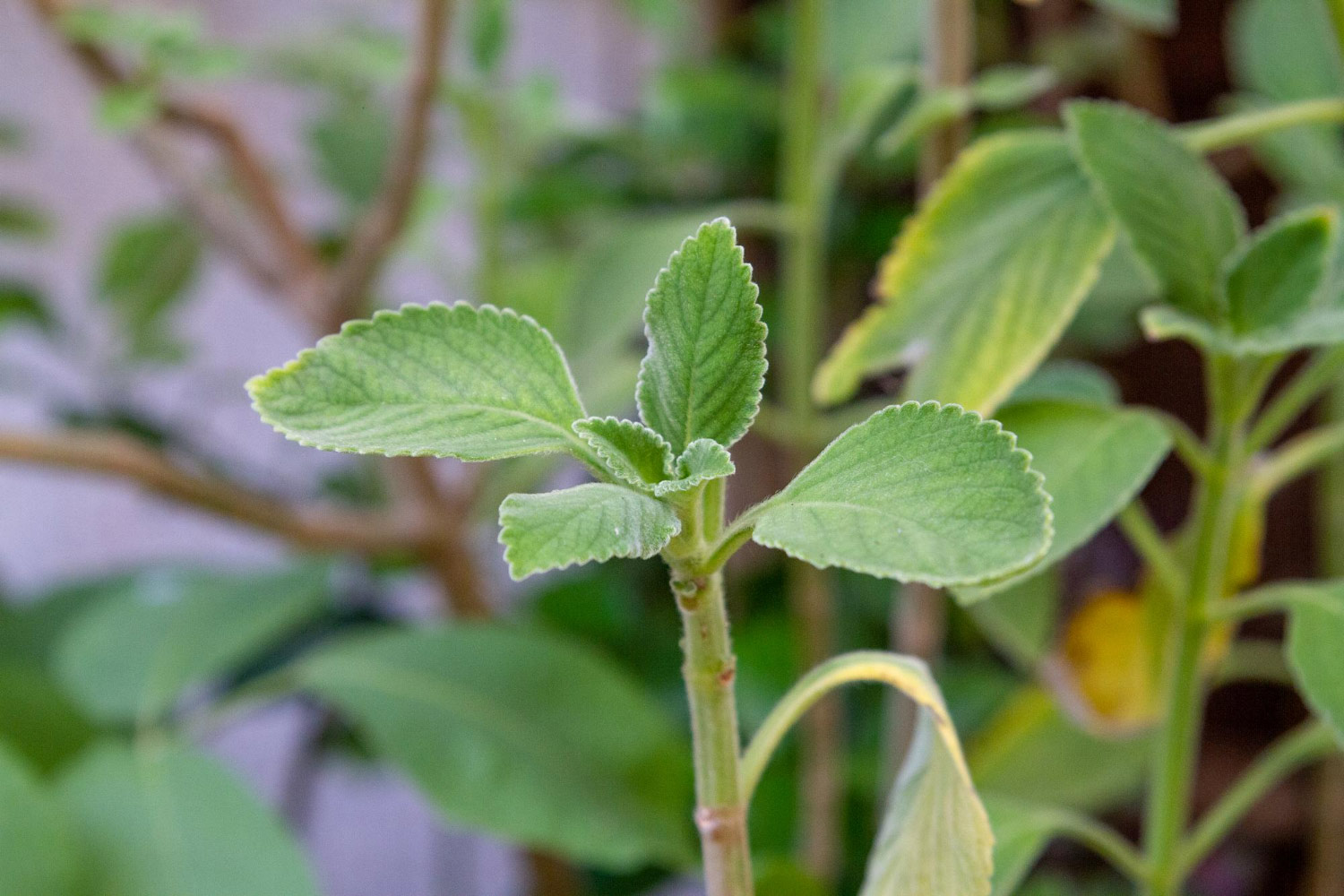
Detailed description
Boldo, Peumus boldus, a shrub in the Monimiaceae family, is native to the temperate regions of South America, particularly Chile. Its leaves have been used for centuries in traditional medicine for their multiple benefits.
Boldo leaves are rich in alkaloids, notably boldine, as well as polyphenols such as flavonoids and catechins. These compounds are recognized for their role in supporting digestive and hepatic comfort, by promoting the body’s natural waste elimination mechanisms.
Thanks to its antioxidant properties, boldo helps protect cells against oxidative stress. These effects are linked to the presence of polyphenols, which also support natural metabolic functions.
Boldo’s traditional use also extends to gastrointestinal well-being, aiding digestion and soothing minor discomforts thanks to its carminative and soothing properties.
